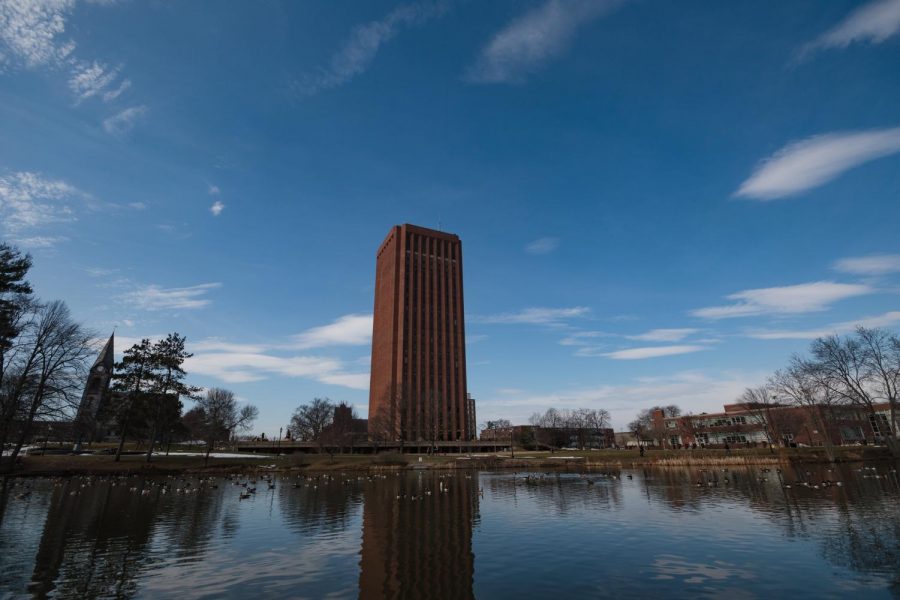I am not the first student to take issue with the parking services provided by the University of Massachusetts, nor am I the first one to speak of how incredibly inconvenient the entire parking process is designed. Whether it’s the expensive University meter price compared to the price in town or the hideous $60 fees levied upon students when they park in the wrong lot, it is hard to tell whether the University is working to serve the students or its endowment.
To park in the green lot, students—both undergraduates and graduates alike—pay over $300 for only two semesters. However, the problem with green lots is that they lie on the outskirts of campus, either by the rotary or the softball and baseball fields. This exists as a disservice to the non-engineering students on campus. Social and behavioral science students who largely find themselves studying in the middle of campus are at a loss for parking anywhere close to their academic buildings. The same applies for most of the other majors on campus.
UMass has 450 available parking spaces divided amongst three Paystation surface lots. There are 216 metered spots on campus, priced at $1.50 an hour. This is more expensive than the two on-street meter rates located in the center of town. Core on street parking is $1 and periphery parking is 50 cents for an hour.
Of the approximately 44 lots located on campus, there are 23 parking lots that require a 24-hour permit. This means that the other 21 lots operate on 7 p.m. to 5 p.m. schedules. Perhaps the most convenient part of UMass parking is that University activities stretch past business hours, making parking free for those who wish to stay on campus past 5 p.m. However, metered spots are in effect until 7 p.m., operating on a 12-hour, 7 a.m. to 7 p.m. schedule. There’s no reason why meters and lots can’t operate on the same schedule. This means that students can park in lots which have metered parking but not pay because of the two-hour window between the lot time and metered time. Or, to the contrary, students would be forced to pay for metered parking in parking lots that are predominately non-metered, if all the non-metered spots in the lot are full.
There are more blue and red lots than there are any other colored lots, and these colored lots cater specifically to faculty, staff and graduate students. However, as of this past fall, the University faculty headcount amounted to a little over 1,600 people. UMass is home to over 25,000 undergraduates. It is hard to know who the University is serving by providing parking that is accessible to only a small minority of University members.
Through my correspondence with Greg Wheeler, assistant manager of parking services at the University, plans are in the works to build more metered parking. This is good news, particularly for those who either have a parking permit (on a bizarre part of campus behind the horseshoe) or for all the people that have cars and can’t afford to purchase a parking pass. It seems that the most plausible solution is to allow all students to park anywhere they want. Students with parking passes shouldn’t have to confine their car to one area of campus, knowing that it is not welcome to anyone else without a fee. All cars with a permit should be able to park anywhere. If students outnumber faculty and staff by a ratio of over 20 to one, then why should University parking cater to a minority of people who are much more financially-equipped? Thankfully, the University has plans to continue its effort to be more accessible. The students should hold them to it.
Isaac Simon is a Collegian columnist and can be reached at [email protected].




















Ed Cutting, Ed. D. • Apr 3, 2018 at 2:02 pm
Ever since the 1970’s., the stated UMass goal has been to make it difficult for students to park on campus. That made sense when people lived in a dorm and didn’t have an off-campus job — but now, people NEED cars and Whitmore fails to understand this.
It would be one thing if UMass were located where BU is, in downtown Boston, but UMass isn’t.
Even still, UMass considers students to be a fungible resource to be exploited for the good of the institution, and not human beings….